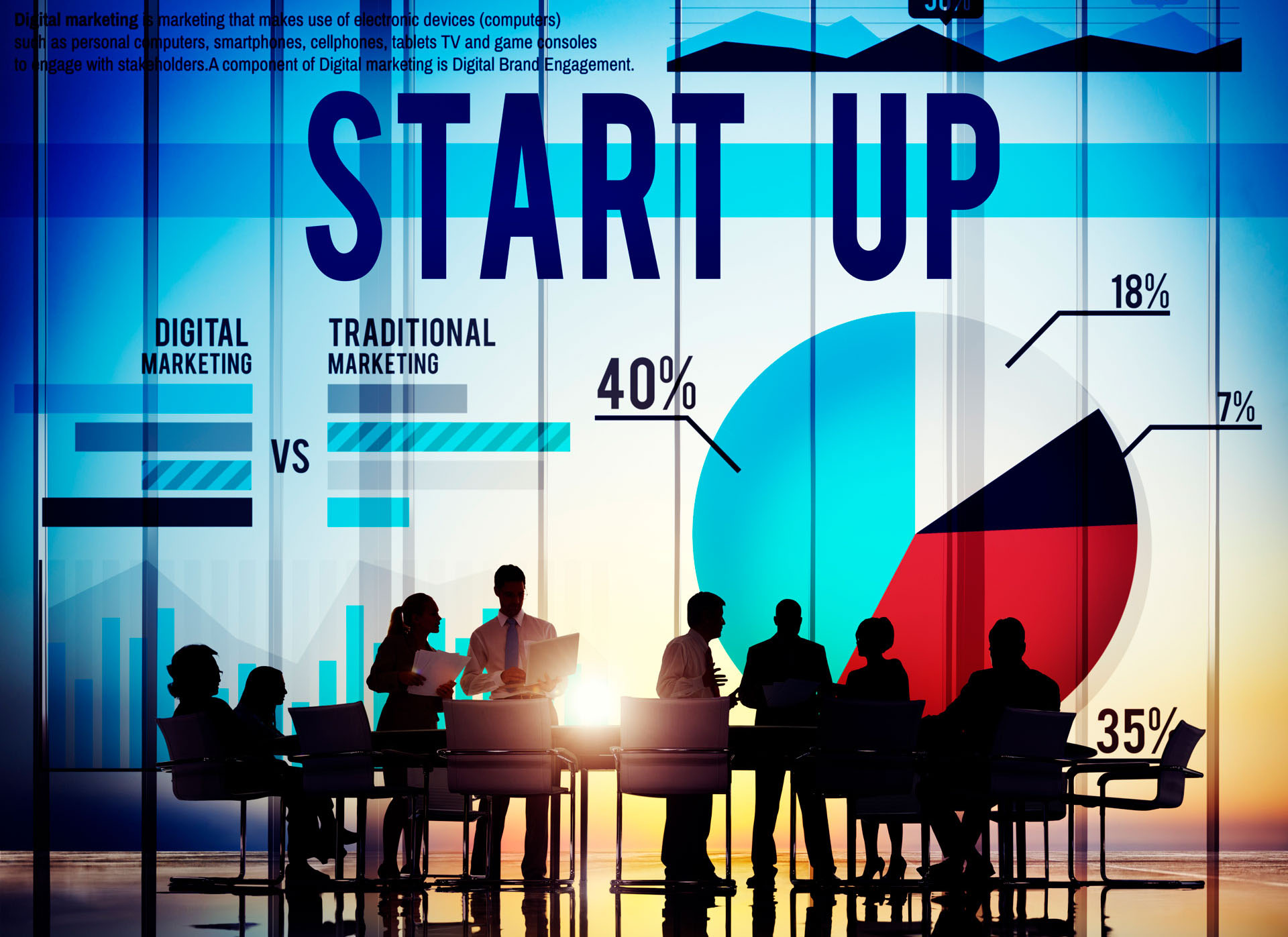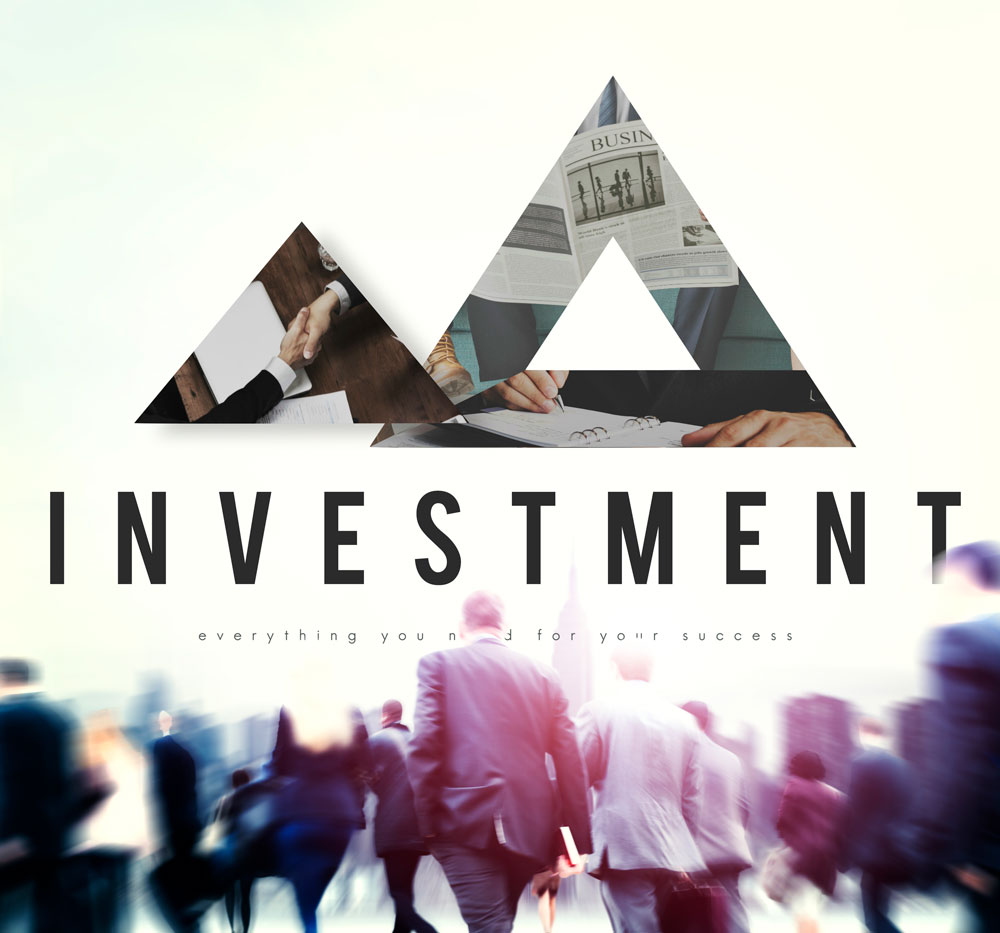Feb 18, 2022

Funding Rounds in 2022: Intriguing for Investors and Startups!
In the first quarter of 2022, signs of a global recession began accumulating. The Federal Reserve had hinted that interest rates would be raised. Russia has invaded Ukraine. Countries such as the United Kingdom were in political turmoil. The cost-of-living issue has become a reality by the end of 2022. As a result, technology companies have suffered. The stock market also took a hit. Cashflows have slowed to a halt. Widespread layoffs, not only in startups but by global tech giants, also began.

Even though the startup business grew from strength to strength throughout the epidemic, it was not immune to these problems. It is recorded that most of the seed fund deals on the list occurred in 2022. Given the timeframes required to secure a capital raising, it is quite likely that many of those cash injections will be ineffective. From surprising exits and acquisition deals to record-breaking investment rounds and layoffs, 2022 has brought a little bit of everything to the European, US-based, and Canadian startup ecosystem.
While 2022 posed some of our generation's most significant concerns (energy, climate, and war, to mention a few), it also presented some of its most important highlights. After 2021's record-breaking year, the year they started with an exciting start, full of optimism and great hopes. Yet, as the year passed, several things began to take on a considerably more dismal tone.
To Know More About- Venture Capital investments For Climate-Tech Clicks

In 2022, Fintech won the top rank, followed by Greentech and HealthTech. Fintech is typically cash-rich, and we anticipate that GreenTech and HealthTech will be two big development areas in 2023. This year, seed funding in Canada raised over $20 billion. While this may appear fairly scary at first, remember that 2021 was truly a year for the history books, and 2022 was still quite an amazing year - and still higher than the amount of 2019 and 2020 combined.
H2 Green Steel, situated in Sweden, raised €3.5 billion in October 2022. Since its inception in 2020, the Swedish firm has raised a total of €5.6 billion in investment. The business intends to speed industrial decarbonization by using the potential of green hydrogen, focusing on the steel sector, one of the top carbon emitters. While creating October's GreenTech Overview, we were drawn to H2 Green Steel since it pioneers innovation in this burgeoning and vitally essential area.
Epic Games raised $2 billion. According to Sony and KIRKBI, the family-owned holding and investment firm behind The LEGO Group, the metaverse will be epic. Both invested $1 billion in Epic Games, valuing the North Carolina-based company at $31.5 billion. The agreement comes only a week after Epic announced a collaboration with LEGO to create a "family-friendly" metaverse for children. According to the corporation, the fresh funds will "advance the company's mission to develop the metaverse." According to Crunchbase data, the Fortnite creator has raised more than $7 billion since its inception in 1991.
Gen H, located in London, received €1.16 billion in January for their innovative mortgage lender solution to make homeownership more accessible to all. Waterfall Asset Management led the round, and the British scaleup now has a total funding sum of €1.7 billion. Generation Home, founded in 2019, is revolutionizing the housing industry by making it more accessible to first-time purchasers. The platform streamlines the home-buying process and encourages financial wellness.

Anduril, a defence-focused startup, raised $1.5 billion. In December, California-based Anduril secured a Series E round for almost $1.5 billion, valuing the business at $8.5 billion. Valor Equity Partners led the investment round. Palmer Luckey, best known for selling virtual reality startup Oculus to Meta — then known as Facebook — for $2 billion in 2017, established Anduril. Anduril develops artificial intelligence and machine learning-enhanced software and technology for the military and defence industries. It collaborates with the United States and its partners to build drones, underwater vehicles, and various operational and control systems. Many large technology companies refused to do business with the US Department of Defense, hindering military advancements.
Northvolt, situated in Sweden, received €1 billion in July for its production of environmentally clean and sustainable lithium-ion batteries. Since its inception in 2016, the Swedish startup has raised €6.7 billion in funding. The keys to a carbon-neutral civilization are electrification and renewable energy storage. Eco-friendly batteries will be vital in the unfolding green transition and shift towards a cleaner, more sustainable world. In 2019, the company raised €886 million, which fueled the creation of Europe's first gigafactory.
Checkout.com began 2022 with a $1 billion Series D financing. After the funding, its valuation surpassed $40 billion, becoming Europe's second most valuable IT startup. Klarna, a Swedish buy-now-pay-later (BNPL) company, was the most valued privately-held tech firm. In 2021, the fintech firm was valued at $45.6 billion. However, Checkout.com would win the title only to lose it again later in the year. Yet, the venture was ecstatic at the moment of the funding. Many investors contributed to the fintech firm's 2022 deal. The Qatar Investment Company, Dragoneer, The Oxford Endowment Fund, and Tiger Global are another prominent west coast mutual fund management businesses that were among the backers.
Cruise raised $1.35 billion to develop self-driving cars. This was an odd one. Cruise stated in February that the SoftBank Vision Fund would invest $1.35 billion now that the company operated completely driverless vehicles. The problem is that SoftBank broke its promise. That would be the first indication of SoftBank's escalating issues and poor investment strategy. SoftBank committed to investing after reaching the $900 million financing milestone in 2018. However, once SoftBank backed out, General Motors purchased SoftBank's equity ownership part in Cruise for $2.1 billion, making the business whole on the financing.
Bolt, based in Tallinn, received €628 million in a round led by Fidelity Management and Research Corporation, Sequoia Capital, at the start of 2022. The Estonian startup, founded in 2013, has raised a total of €1.88 billion in investment. The Estonian super-app aims to speed the societal move away from owned automobiles and towards shared mobility in Europe's cities, thereby triggering a green mobility revolution. The goal is to use shared mobility to help city inhabitants move around more safely and sustainably. What began as cab ride-sharing software has evolved into a European titan of sustainable mobility.

TransPod, a Toronto-based AutoTech business, will get USD 550 million ($688.2 million CDN) to accelerate the development of its proposed ultra-high-speed transit line, dubbed the TransPod Line. Venture capital firms in Canada such as Broughton Capital Group is a financial institution has agreed in principle to supply the funding and a master engineering, procurement, and construction agreement (EPC). The funding is being provided in partnership with China-East Resources Import & Export Co. (CERIECO). The latter is a state-owned corporation that imports and exports industrial equipment. TransPod's co-founder and CEO, Sebastien Gendron, told BetaKit that the firm requires an agreement from the Alberta government to get the money.
Securonix raised $1 billion in funding to provide cybersecurity. This Texas-based cybersecurity firm raised the largest round of funding. Vista Equity Partners led the $1 billion-plus deal, which is the largest in cybersecurity since San Jose, California-based cloud security firm Lacework closed a $1.3 billion round in November 2021. Last year, cybersecurity had only one game of $1 billion or more. Securonix, situated in Addison, Texas, provides businesses with security information, event management, and increased detection and response capabilities. While we have already discussed the heat in the XDR sector, the SIEM space is also worth noting.

Paper, a Montréal-based EdTech business, has raised CAD 343 million (USD 270 million) in Series D funding to do just that. The Paper raised $123 million in a Series C investment less than a year ago. Paper has grown significantly, doubling its student population from one million to two million concerning startup investment in Canada. This is the fourth round of money Paper has received since the beginning of 2020 when the COVID-19 pandemic accelerated digital change in education. The Series D round makes Paper Canada's newest unicorn, bringing the company's total capital to about $496 million CDN.
As 2022 ended, these funding rounds reflected what happened in the world's startup scene. It's been an intriguing year for founders and investors as many new technologies emerged and vanished simultaneously. It would be captivating to know what 2023 holds for startup funding globally.
JC Team Capital - Jani Venture is a capital fund firm in Canada investing into the early- stage startups to get their business to take off. We provide a platform to connect startups to angel investors for seed funding.






